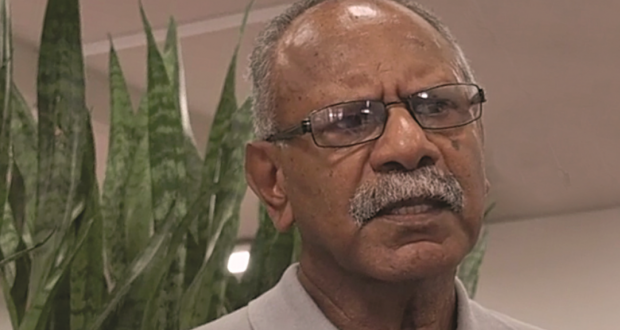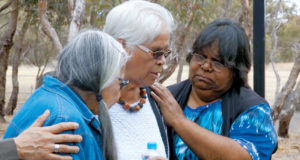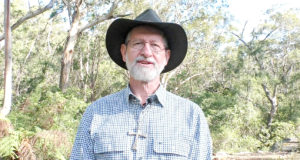Ten years after the Close the Gap campaign began, Aboriginal and Torres Strait Islander Australians still die younger and are less educated than non-Indigenous Australians. Mardi Lumsden reports.
The eighth annual Close the Gap report (released 9 February) shows only two out of seven health, education and employment targets are on track. While halving child mortality by 2018 and better Indigenous year 12 attainment are on track, Aboriginal and Torres Strait Islander Australians still have an average ten year gap in life expectancy.
In his parliamentary address the prime minister, Malcolm Turnbull said his government would intensify its efforts to engage with Indigenous Australians.
On the eve of National Close the Gap Day (19 March) Uniting Aboriginal and Islander Christian Congress (UAICC) and Calvary Presbytery chairperson Rev Dennis Corowa says Aboriginal disadvantage “could be worse now than when our people weren’t citizens, didn’t have the right to vote or freedom of movement.
“We are at a period where Aboriginal people have seen a change take place where [legally] they have the same rights and privileges as all other Australians, but don’t have the same access to these rights and privileges as other Australians,” he says.
“Post-colonial life for Australian Aboriginal people touches every part of our life: politically, socially, economically and religiously.
“Congress has the Uniting Church and is at a huge advantage for the process of reconciliation in that it has a covenant between Aboriginal and non-Aboriginal people right across the nation.”
Uniting Church president Stuart McMillan commends the Close the Gap report’s highlighting of the need to work with Aboriginal and Torres Strait Islanders and the non-partisan support for closing the gap.
“We mustn’t play politics with First Australian communities,” he says. “We need to be together in addressing those issues that the report highlights and the strategies that have been outlined.”
In both his Survival Day message (26 January) and Easter message Stuart calls for a national conversation about sovereignty.
“Within the church we have to embrace what that conversation means for us; to honour First People as sovereign, but for us as a nation it is a really important conversation to have.
“I think many of the reasons for the gaps in health, education and other areas come back to some really fundamental things and one of them is that First Australians have never been honoured in the way, for example, our trans-Tasman Maori friends were through the Waitangi Treaty,” he says.
“I think that is an important thing the church can champion. We need to be having our own conversations within the church but we need also to be standing in solidarity with the UAICC in their aspirations beyond the conversations we have within the church.”
For more information on Close the Gap Day visit oxfam.org.au
To read the Close the Gap report visit humanrights.gov.au
 JourneyOnline
JourneyOnline







